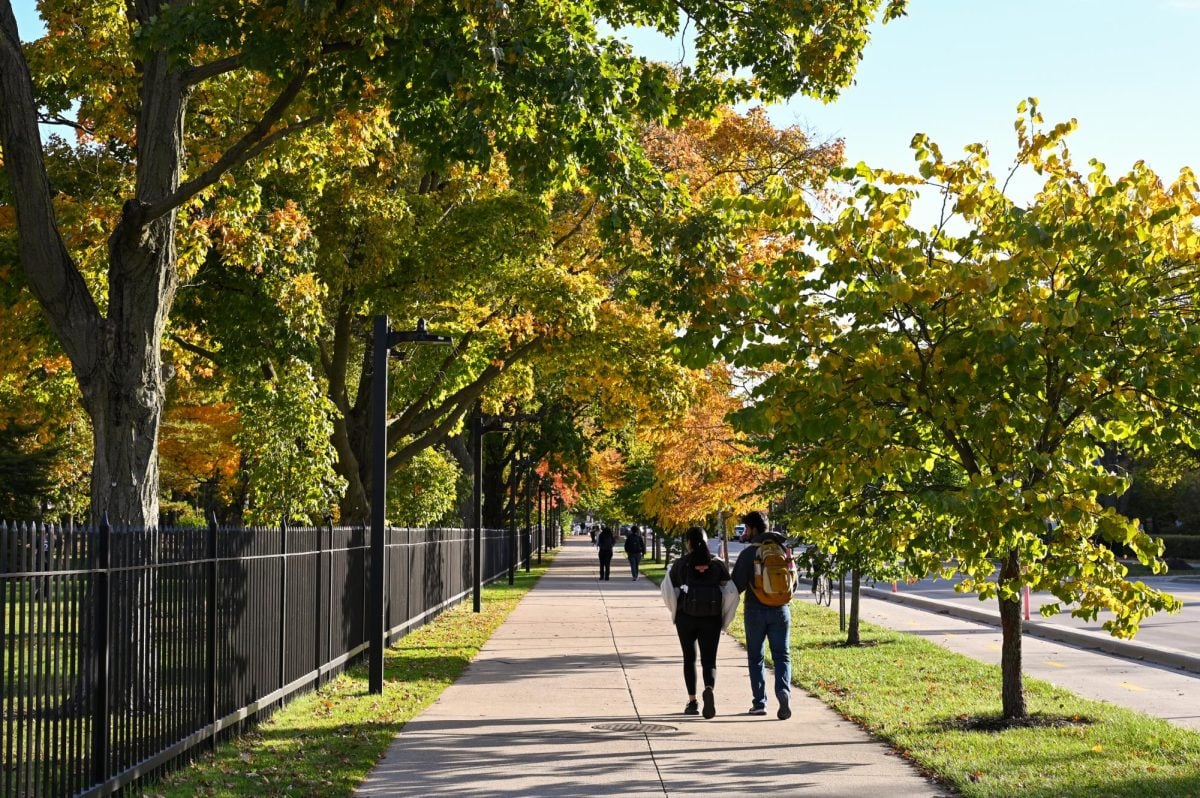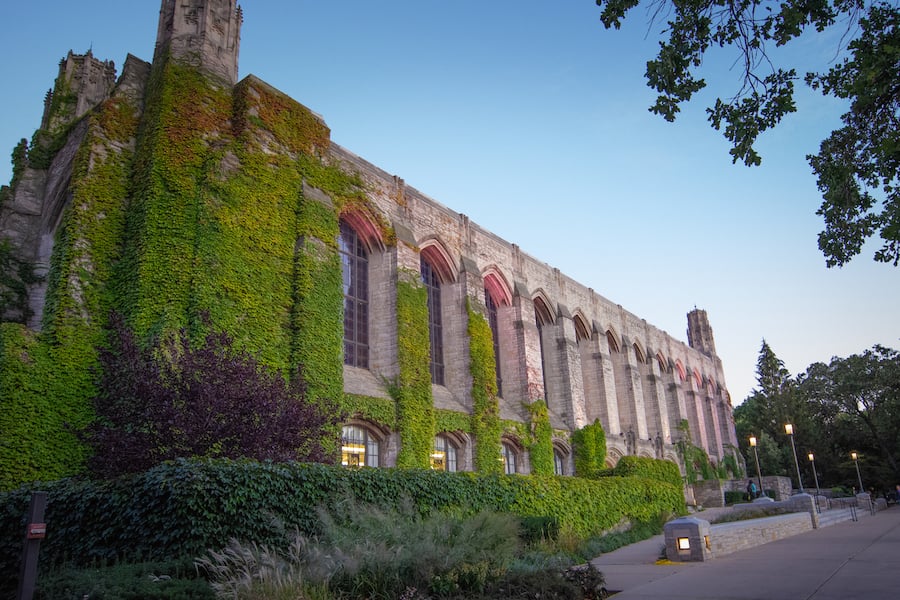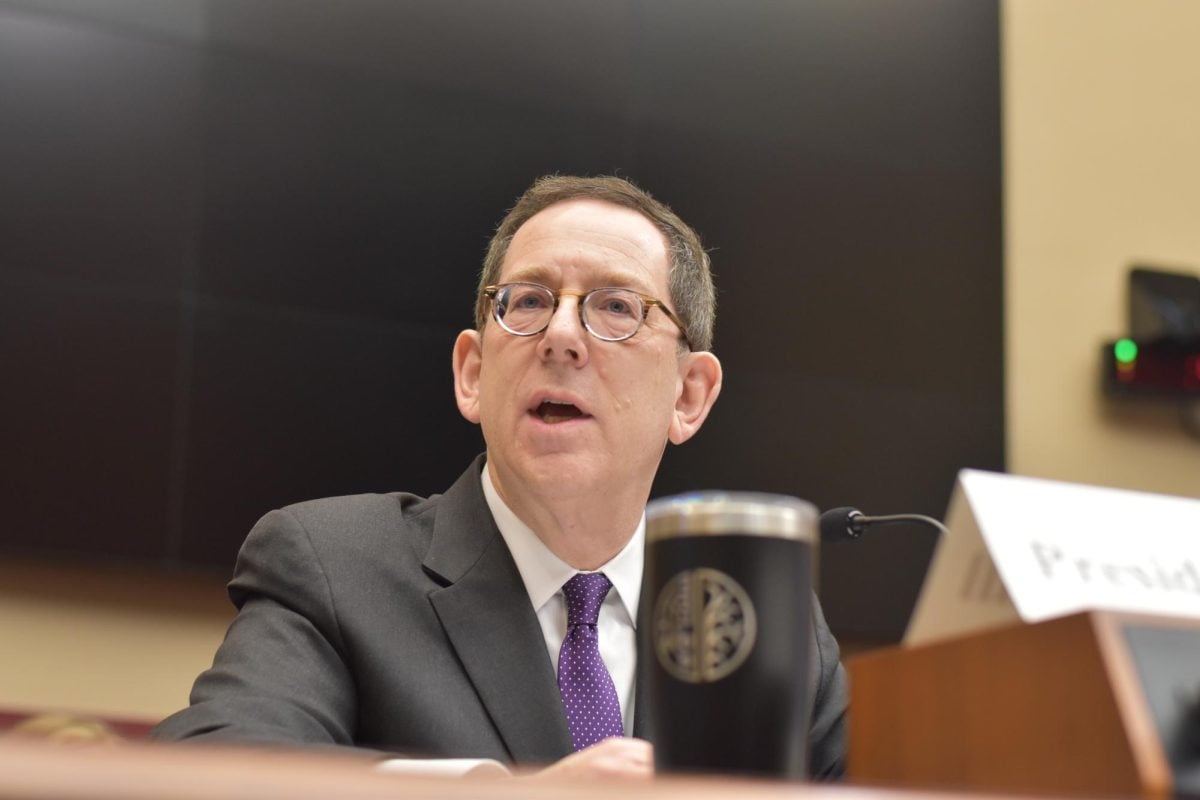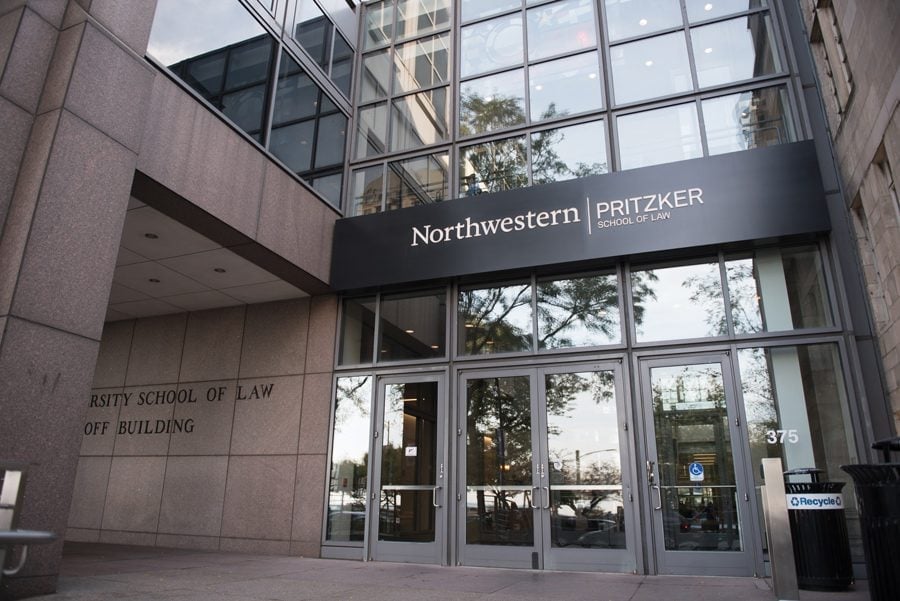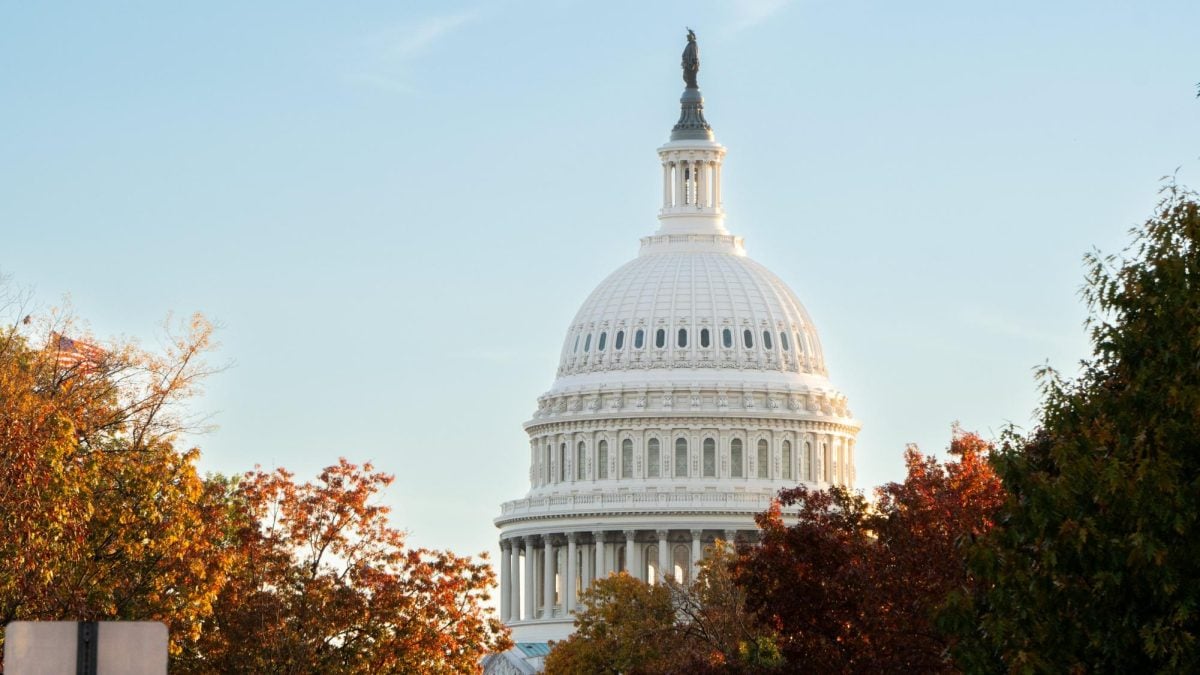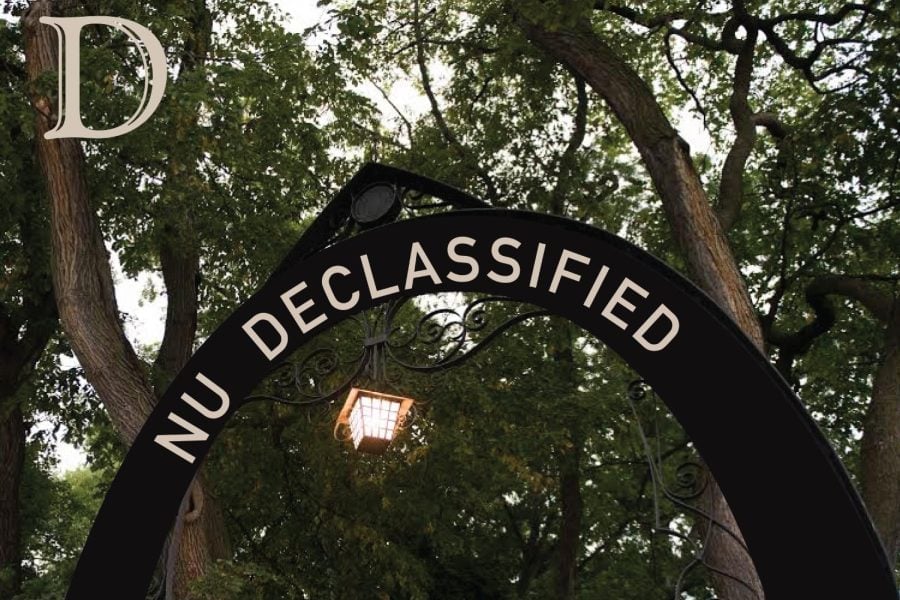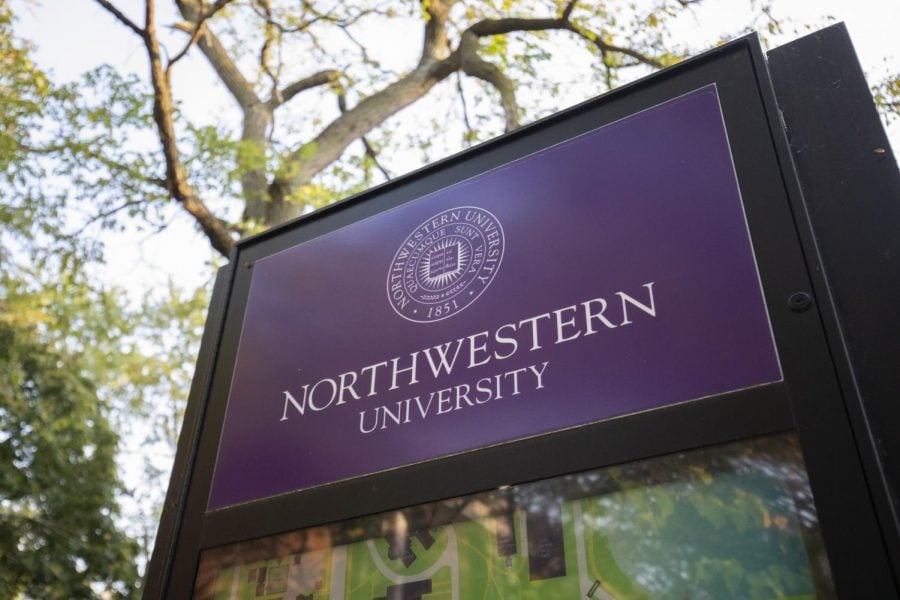Several new faculty members will join the Dean of Students Office within the next few weeks, revamping the department to bring increased focus to crisis management, mental health issues and student conduct policies.
Todd Adams, former senior associate dean at Duke University, will assume his position as Northwestern’s new dean of students in early February. Joining him are two new assistant deans: Katrina Reynolds, from Indiana University, and Mona Dugo, from Loyola University Chicago, who started at NU in late December. Current Assistant Dean Betsi Burns will leave NU next month for a position at Loyola.
Patricia Telles-Irvin, vice president for student affairs, announced Adams’ appointment in mid-December. At Duke since 2000, Adams oversaw the residential life, co-advised multicultural programs, worked with mental health services and established the school’s Office of Fraternity and Sorority Life.
“He has a wide range of experiences within student affairs and that’s what made him such a strong candidate,” Telles-Irvin said.
At NU, Adams will coordinate emergency response, medical withdrawal and student conflict resolution. He will also chair the Hazing Prevention Task Force and the Community Alcohol Coalition and serve on the Undergraduate Council.
Adams, who officially starts Feb. 25, said his main priorities this quarter will be familiarizing himself with both the student body and NU’s current policies and procedures. Developing relationships with organizations and departments across campus will be key for future collaborations, he said.
Both new assistant deans come to NU with specializations in mental health and student counseling. Dugo served as Loyola’s campus liaison for mental health training and assessed students in crisis. At Indiana, Reynolds handled issues of sexual assault and domestic violence and dealt with students taking medical leave.
As new faculty step into their roles, reviewing NU’s Student Code of Conduct and other policies will be a priority for the office’s new members, Telles-Irvin said. The office will examine University protocol for numerous issues, including emergencies, student medical leaves and the school’s alcohol policy, she added.
Reynolds said the reorganization of the office presents the chance to develop and expand on NU’s policies.
“Any time that you have this type of restructuring going on, it’s an opportunity for something really good to happen,” she said. “There’s a lot of openness to new ideas, a lot of openness to how can we better improve.”
The impending review of school policies come after the deaths of two NU students this year. In late September days, the body of McCormick sophomore Harsha Maddula was found in Wilmette Harbor days after attending an off-campus party. In November, Weinberg junior Alyssa Weaver took her life while studying abroad in London. Both deaths have contributed to increased discussion on campus of mental health.
The restructuring of the dean’s office began during the summer, when former dean Burgwell Howard was named to the newly-created position of assistant vice president for student engagement. Telles-Irvin assumed the dean of students’ responsibilities during the search for a replacement.
When Student Affairs received more money in its budget, Telles-Irvin said it presented an opportunity to reshape the department, adding an additional assistant dean and reallocating responsibilities.
Howard, whose new position specifically focuses on aspects of student life, said the recent tragic events at NU require someone like Adams, who has experience in creating and communicating policies.
“There are some unique needs for the dean’s office here at Northwestern,” Howard said. “We were looking for someone who has good experience organizing around emergency situations. Working with emerging mental health issues and awareness of that is a big primary goal.”
In relation to mental health, Adams said he is interested in establishing firm communication channels with students so they are aware of available resources.
“We need to make it very, very clear where students can go if they don’t know where to start, where they can begin,” he said. “Where is it you begin that conversation, so that the right resources and services can be brought to bear.”
With so many personnel changes and Adams not yet on campus, the office is in transition and is “more reactive than proactive at this point,” Dugo said.
“It’s going to take us a little while to get there,” she said.
However, the similar natures of Duke and NU should make Adams’ adjustment here easier, he said.
“The student body has similar expectations of themselves, and the institutions are similarly placed,” he said. “The transition from one to another will be somewhat seamless and natural.”
